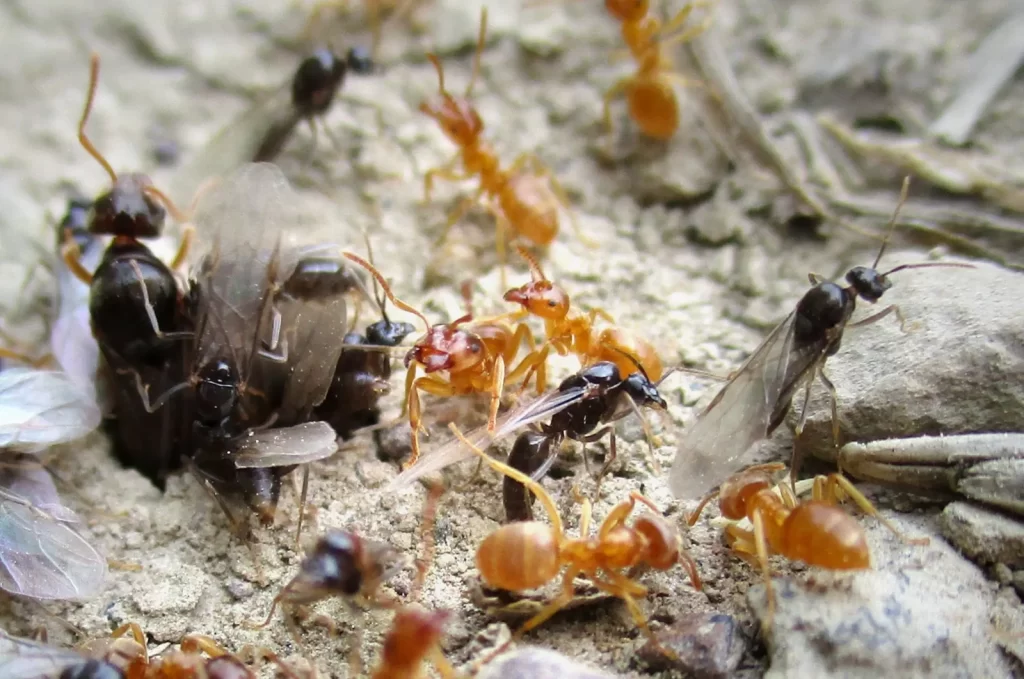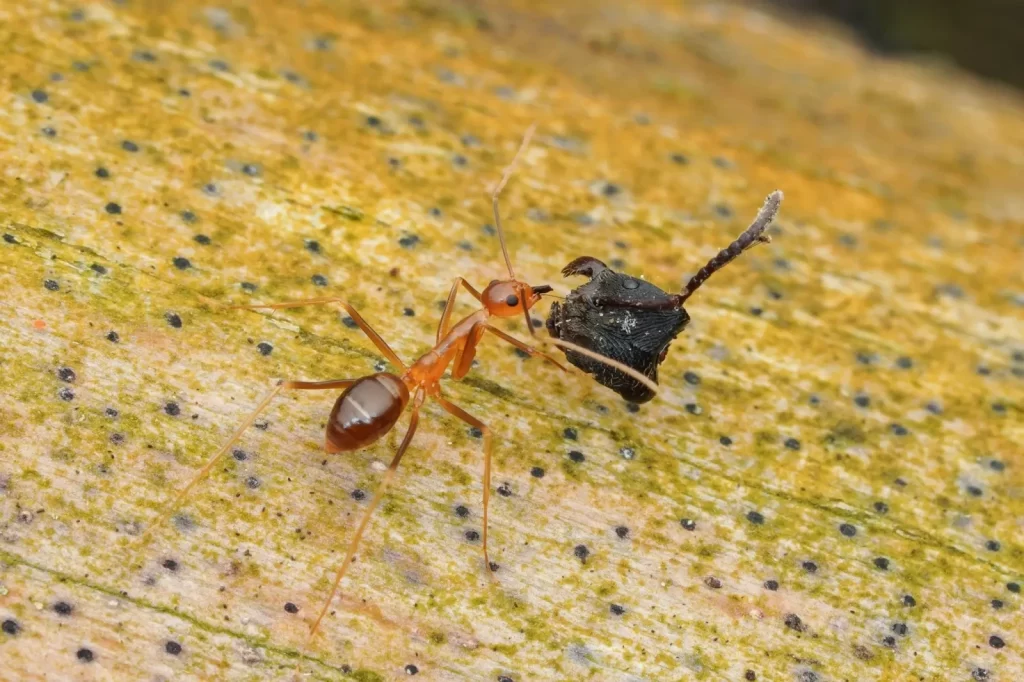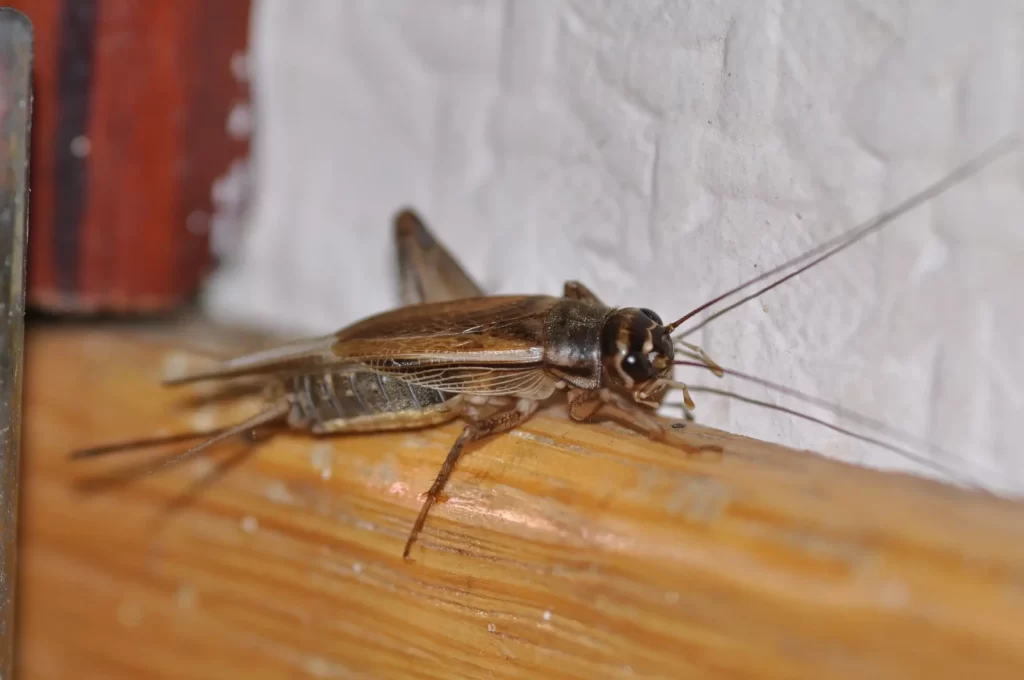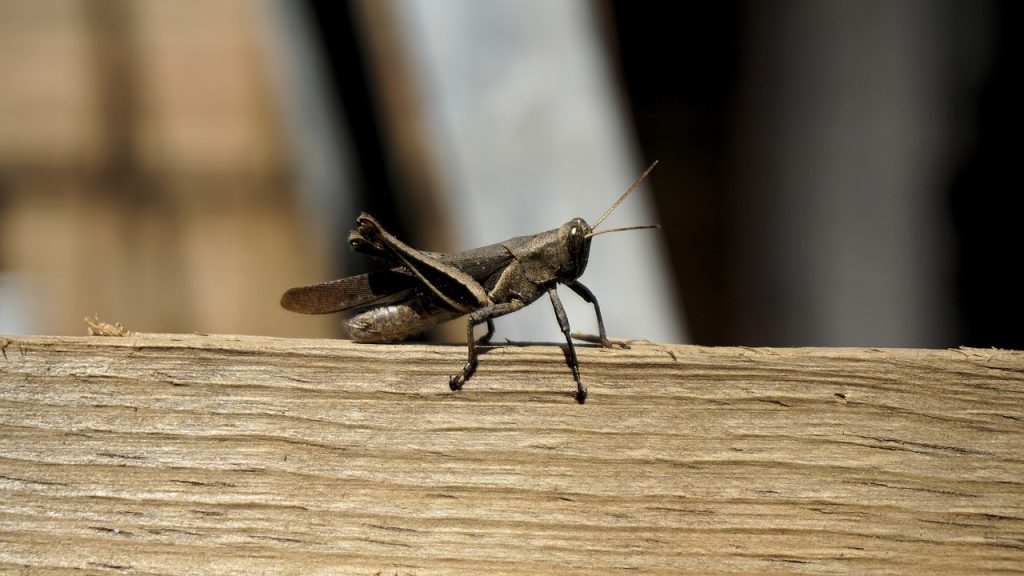Mosquito infestations can be more than just a nuisance; they pose significant health risks due to the diseases they carry. While DIY methods can help, sometimes professional mosquito control treatments are necessary to eliminate the problem and reduce the likelihood of recurring infestations. Understanding what professionals use to spray for mosquitoes and the treatments they offer can provide insight into how to protect your home and yard effectively.
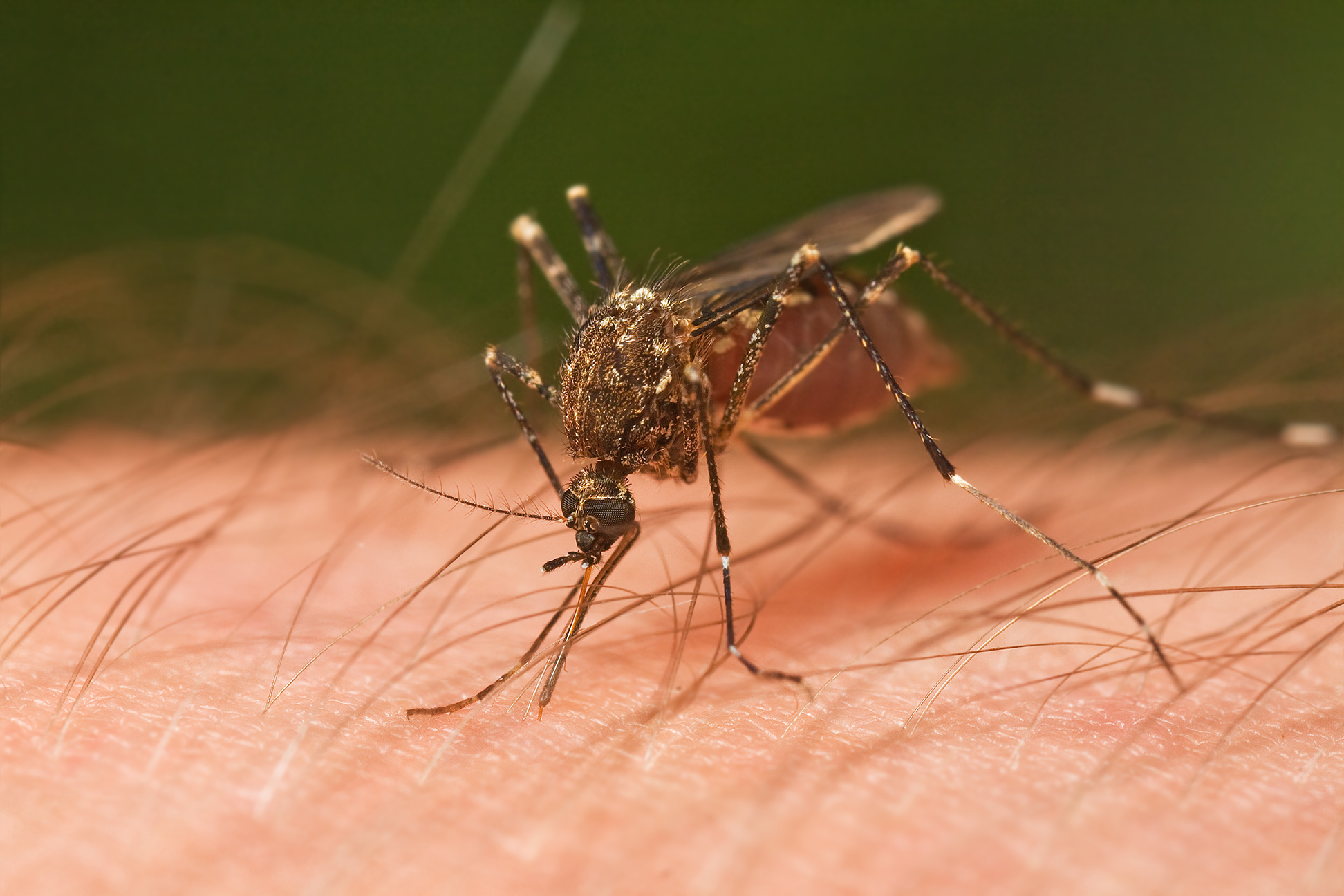


Types of Professional Mosquito Control Treatments
Professional mosquito control services typically offer a range of treatments designed to target mosquitoes at different stages of their life cycle. These treatments vary depending on the specific needs of your property and the severity of the infestation. Below are the most common treatments used by pest control professionals.Chemical Sprays for Adult Mosquitoes
One of the most widely used methods by professionals is the application of chemical sprays to eliminate adult mosquitoes. These sprays, often referred to as adulticides, contain insecticides such as pyrethroids or synthetic pyrethrins, which are highly effective at killing adult mosquitoes on contact. The treatment is typically applied using fogging machines or backpack sprayers that distribute a fine mist over large areas, including yards, gardens, and outdoor spaces. This approach ensures that mosquitoes hiding in shaded areas, under bushes, or in other hard-to-reach spots are affected. The insecticide lingers on surfaces, providing continued protection for several weeks. While adulticide sprays are effective, professionals often emphasize that these treatments are most successful when combined with other methods that target mosquito larvae and breeding sites.Larvicides for Controlling Mosquito Larvae
Another crucial component of professional mosquito control is targeting mosquito larvae before they develop into biting adults. Larvicides are chemicals designed to be applied to standing water where mosquitoes lay their eggs. Larvicides are usually applied to areas with stagnant water, such as ponds, birdbaths, gutters, or even small puddles. By killing the larvae, professionals prevent the mosquitoes from maturing, which can significantly reduce the population over time. Some treatments, like mosquito dunks or granules, may be used in specific water sources to provide long-term control.Insect Growth Regulators (IGRs)
Insect growth regulators (IGRs) are another tool used by pest control professionals to target mosquito populations. These chemicals work by disrupting the normal development of mosquito larvae and pupae, preventing them from reaching adulthood. IGRs are often used in conjunction with larvicides to enhance their effectiveness. IGRs help keep mosquito populations under control in the long term. These treatments are typically applied to breeding sites and water sources around your property, and they are designed to have minimal impact on other beneficial insects.Mosquito Misting Systems
For homeowners seeking continuous protection, some pest control companies offer mosquito misting systems. These systems are installed around the perimeter of your yard and programmed to release insecticides at regular intervals. The mist targets adult mosquitoes and provides ongoing protection by creating a barrier around your property. These systems are particularly effective for large outdoor areas, such as patios, gardens, or pools. While misting systems can be a significant investment, they offer long-term mosquito control with minimal effort on your part.Natural and Organic Mosquito Control Options
In response to growing concerns about chemical use, many pest control companies now offer natural mosquito control treatments. These treatments use plant-based insecticides, such as essential oils like cedar, peppermint, and rosemary, to repel mosquitoes. Natural treatments can be applied similarly to chemical sprays and are often preferred by homeowners looking for eco-friendly options. While natural treatments may not provide as long-lasting protection as chemical methods, they can still be highly effective when applied regularly. Additionally, they are a good option for households with pets or small children.
Myths and Facts About Professional Mosquito Control
Here are a few myths and facts about mosquitoes:| Myth | Fact |
| Professional mosquito control treatments are harmful to the environment. | Many pest control companies offer eco-friendly and organic treatments that are safe for the environment. |
| Mosquito fogging kills all mosquitoes instantly. | Fogging kills adult mosquitoes on contact but is most effective when combined with treatments for larvae. |
| Once a mosquito treatment is applied, mosquitoes won’t return. | Mosquito treatments offer temporary relief; ongoing maintenance and follow-up treatments are necessary to keep mosquitoes at bay. |
| Only chemical treatments work for mosquito control. | Natural and organic treatments, like those using essential oils, can also be effective in reducing mosquito populations. |
| Professional treatments are too expensive. | The cost of professional mosquito control varies, and many companies offer affordable packages tailored to your needs. |
